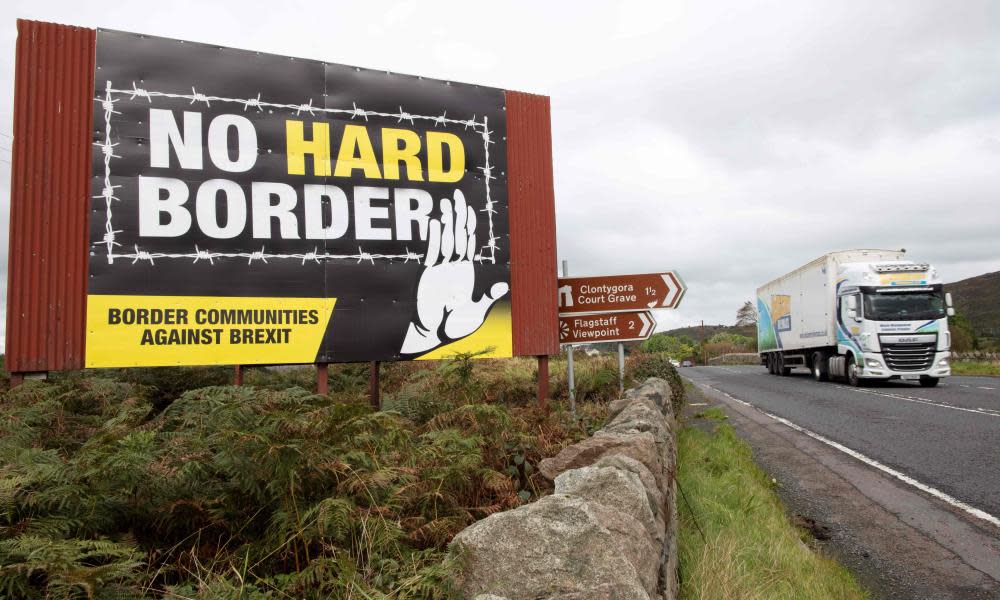The Guardian view on Boris Johnson’s Brexit: my word is not my bond

Boris Johnson won the last election in part because he could say on what terms he would leave the European Union and his opponents could not. He had an “oven-ready” deal. Yet the agreement Mr Johnson secured with the EU was one that his predecessor Theresa May had rejected because it split Northern Ireland from the rest of the UK, placing the province in the regulatory orbit of Brussels. The prime minister knew this because he had made the same criticism. Last autumn, cornered by his own logic but desperate for a deal, Mr Johnson signed up to a dud agreement.
The damaging consequences of his choices were threatening to capsize EU-UK trade talks. Mr Johnson’s solution was to go back on the deal he had negotiated. The impression is that Mr Johnson’s words are not worth the paper they are written on. If this was allowed there could be no confidence that the UK would stick to its side of the bargain in any trade arrangement. A Britain which reneges on international agreements can hardly lecture rogue states when they do the same.
In Europe, trust in Mr Johnson is evaporating fast. He has sought to manufacture a crisis by suggesting he could rip up agreed texts if he didn’t get what he wanted by mid-October. This appears naive and irresponsible. Mr Johnson’s problem is that while boasting of ending years of “vassalage” by Brussels, he agreed to constrain the UK’s sovereignty in the withdrawal treaty.
The prime minister, according to well-sourced reports, claims his government’s efforts to regenerate the economy using state aid could be stymied by EU rules. This is true. Mr Johnson knows this because he signed the UK up to the EU’s state aid regime – in cases where subsidies “affect trade” in goods between Northern Ireland and the EU – as a quid pro quo to allow the province to maintain frictionless trade with the bloc, and to avoid a border on the island of Ireland. The government plans a new bill to eliminate the legal force of parts of Mr Johnson’s deal, but this will be ineffective in the face of international law.
The EU would not accept the use of unlimited state aid to produce UK services and goods that could be dumped into Europe at unfair prices. But all this could be solved if the government outlined a post-Brexit state-aid policy which does not damage the bloc’s single market. Historically the UK has eschewed state aid. It could double such spending without coming close to European levels of government backing. The question is who would adjudicate over whether future subsidies were deemed to distort trade with the EU? Mr Johnson’s withdrawal agreement allows Brussels to take the UK to the European court of justice over state subsidies and allows the EU to retaliate against Britain if its ministers ignore court rulings. The flapping in Downing Street is the noise of chickens coming home to roost.
Brexit was, in part, a cry from ignored parts of the country. Mr Johnson’s claim is that he alone is listening to these voters. To some extent, opinion polls bear this out. Hence this confected row over state aid, an economic tool traditionally associated with leftwing politicians which is anathema to a Thatcherite like the prime minister. Mr Johnson’s Brexit offers voters nothing so far but a fleecing, with worker, consumer and environmental rights sacrificed on the altar of turbo-capitalism. The prime minister won’t be able to bedazzle for ever. He’s being forced to reveal what he stands for – and the sight of incompetent and dysfunctional government has not been an appealing one.

 Yahoo News
Yahoo News 
